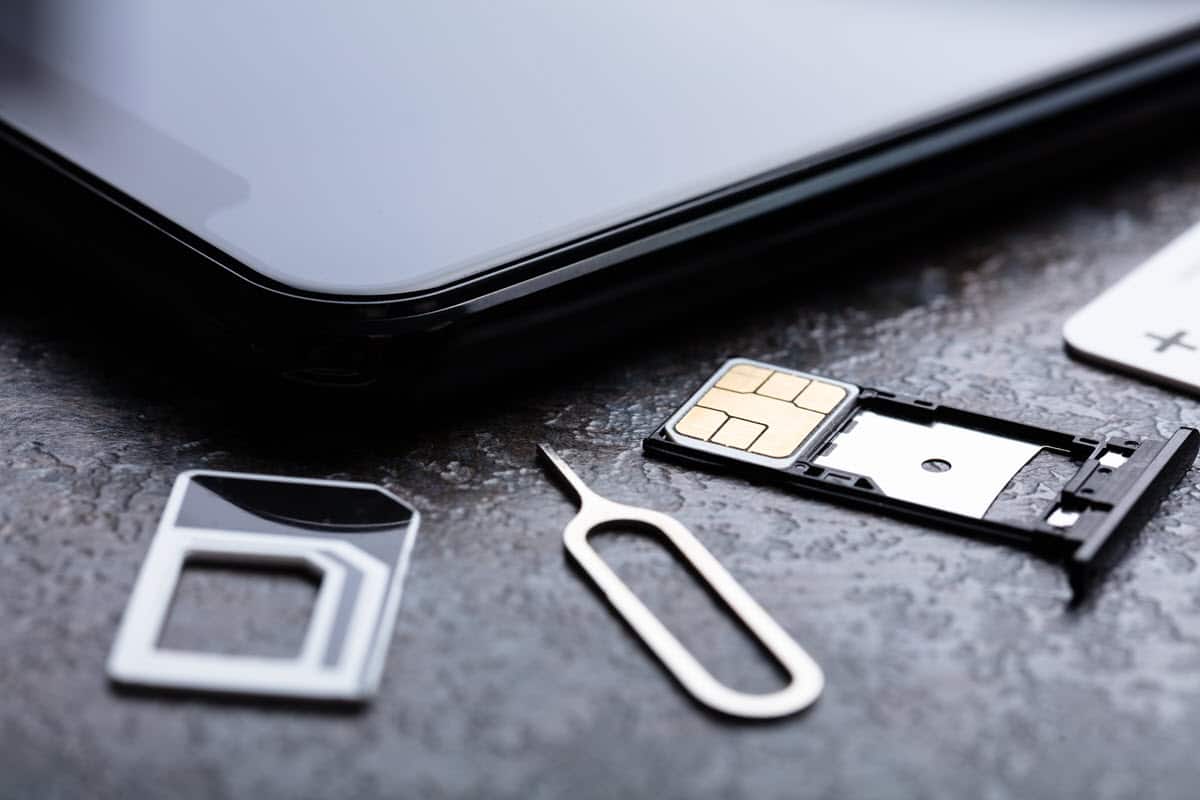The UK mobile phone market is huge. In 2003 the Carphone Warehouse valued the mobile market at £13bn and at the time commanded a 23% share of the industry.
Today the likely annual value of the market has been estimated to top £30bn, hardly surprising when there are now more mobile phones than people in the UK.
The Value Of Your Custom
When you consider there are relatively few mobile networks (o2, Everything Everywhere – that’s T-Mobile and Orange to you and me, Three, and Vodafone), the stakes are high for earning your custom as a mobile customer.
As a rough calculation, £30bn equates to approximately £500 for every man, woman and child in the country, and there are very few industries which command such a high value per customer whilst at the same time capture such a huge percentage of the overall population.
How Much Do You Pay For Your Mobile Phone?
If you find a figure of £500 hard to believe, consider that the mobile companies charge around £45 for the latest iPhone 4S on a mid level contract, this equates to £540 a year before any additional usage outside allowances are used.
Factor in the number of people with a phone for business as well as a personal phone, roaming charges for using phones abroad and premium rate texts and calls and you can soon see how the numbers mount up.
Mobile Networks ‘Own’ The Airwaves
The mobile operators (also known as carriers) themselves each operate on a slice of bandwidth, which means they can each use a part of the mobile ‘space’, much like a radio station has its own frequency when you tune in.
One of the challenges facing the companies at the moment is each provider’s space in the airwaves has different properties, which is why you may get better mobile Internet signal from one provider than another in your house. Some networks have a signal which more easily works through walls, whereas others work brilliantly outside but will struggle indoors.
Regulation Is Complex
Ofcom regulate the mobile industry, and they are in the process of preparing the UK for 4G, with successful trials having been completed in Cornwall. This will bring much faster mobile Internet speeds, which is great news for remote areas that struggle to get a decent speed over landlines.
As a result of this consultation, a lot of the problems with different signal strengths from different mobile networks should be sorted out, partly due to better understanding of the technology and better planning, and partly because a large part of the airwaves are now available as a result of analogue TV transmitters being switched off with the arrival of digital TV.

